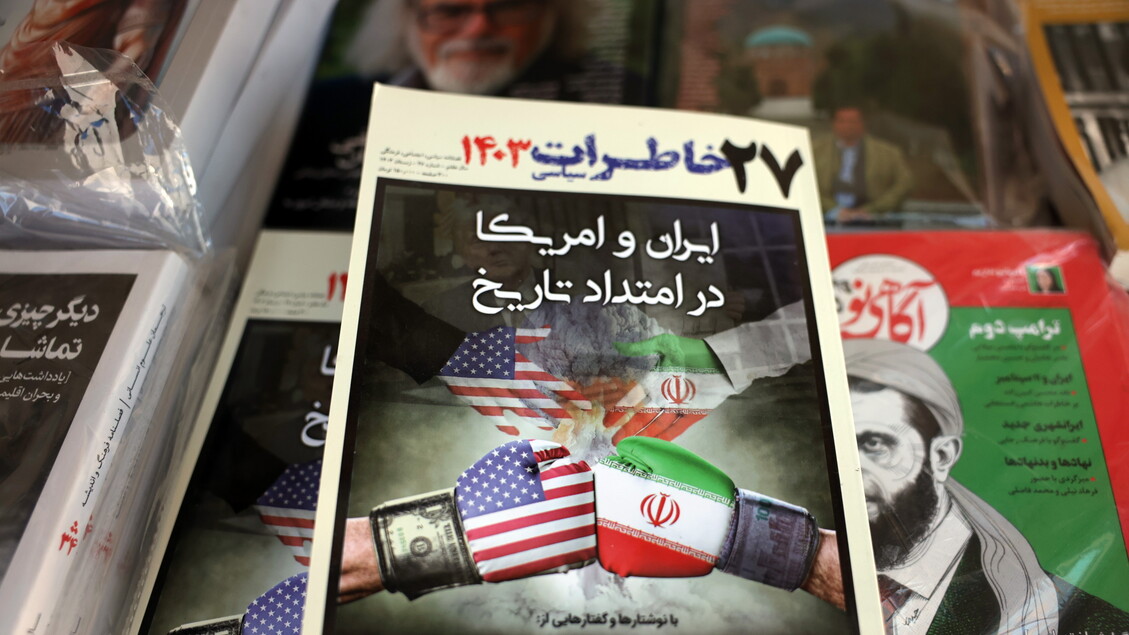As stated by Ali Shamkhani, a top political, military and nuclear adviser to Ayatollah Ali Khamenei, Iran is ready to sign a nuclear deal with the Trump administration in exchange for the lifting of economic sanctions.
Tehran, for its part, will pledge never to build nuclear weapons, get rid of its stockpile of highly enriched uranium, which can be turned into a weapon, enrich uranium only for civilian use, and allow international inspectors to oversee that process.
Shamkhani’s comments appear to be the clearest public statement made to date by the Supreme Leader’s inner circle about Iran’s expectations and its willingness to reach an agreement. “If the Americans act as they say, for sure we can have better relations,” Shamkhani said, adding, “it can lead to a better situation in the near future.” However, Khamenei always has the final say.
Shamkhani also expressed concern that the Israeli prime minister, Benjamin Netanyahu, may try to hinder negotiations with the U.S.
The Iranian official’s remarks came just hours after Trump himself metaphorically offered the country “an olive branch,” coupled with the threat of hefty economic sanctions if Tehran does not agree to a deal to limit its nuclear program. The U.S. leader’s remarks were strongly criticized by Iranian President Masoud Pezeshkian.
“He thinks he can come here, chant slogans, and scare us. For us, martyrdom is far sweeter than dying in bed,” he said, “You came to frighten us? We will not bow to any bully.”
Shamkhani also expressed frustration at Trump’s tone and continued threats. “He talks about the olive branch, which we have not seen. It’s all barbed wire,” he explained.
Trump has stated on several occasions that Iran cannot be allowed to develop a nuclear weapon. The International Atomic Energy Agency, the nuclear watchdog body of the United Nations, has said that Tehran has enriched enough uranium to make as many as six nuclear bombs.
The US and Iran have been holding talks on Tehran’s nuclear program for weeks; Trump’s Middle East envoy, Steve Witkoff, called the latest meetings in Muscat, Oman, “encouraging.” Iranian Foreign Minister Abbas Araghchi, on the other hand, called the negotiations “difficult but useful.”











